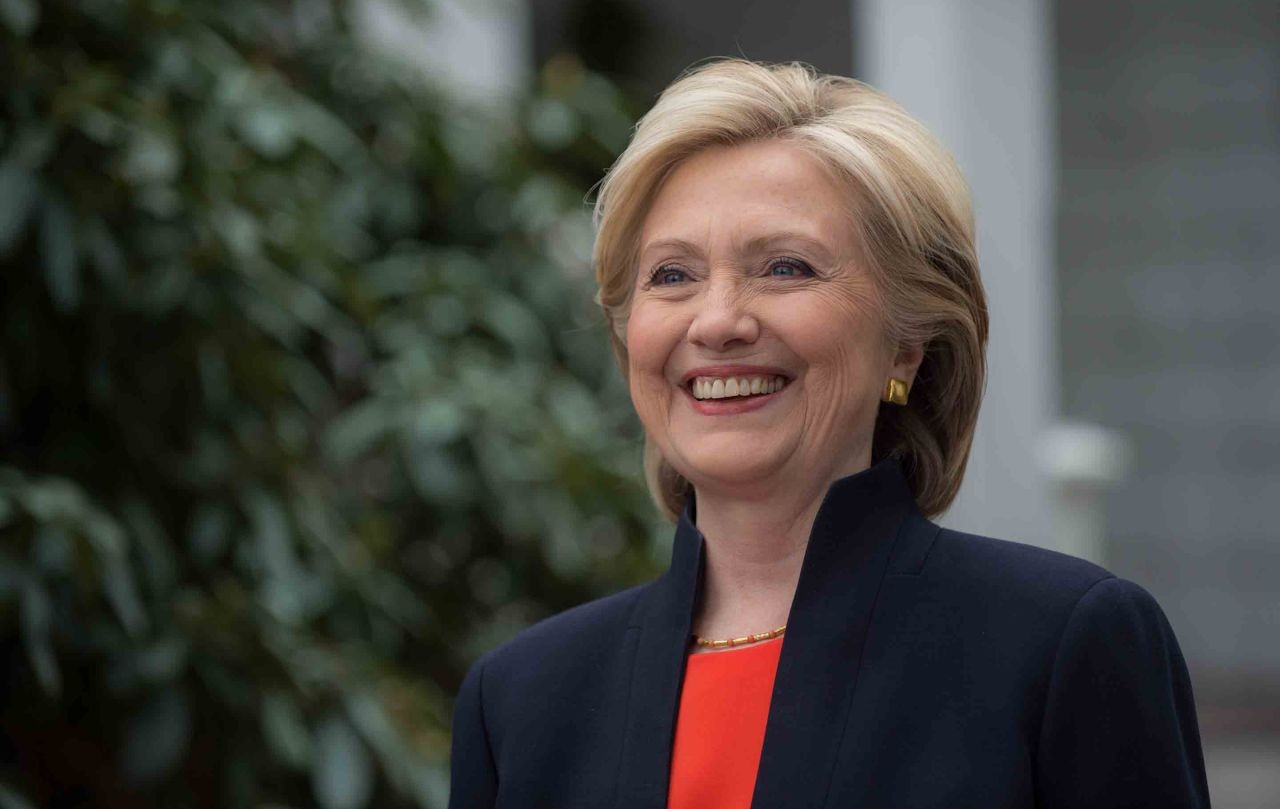And just like that, four months after it started, it was over (ok, almost: the Washington, D.C., Democratic primary is June 14th but will only award 46 delegates, 26 of which are superdelegates, 20 of whom have already declared for Clinton).
A lot happened Tuesday night, but the most important was that, even without superdelegates, Hillary Clinton reached an outright delegate majority. It was 240 years in the making, but now, for the first time in American history, a woman will be the presidential nominee for a major political party. Bernie Sanders no longer has any legitimate claim to the nomination. He has fewer votes and fewer delegates, meaning his only path to victory would be via the very superdelegates he has maligned as undemocratic. In her June 7, 2008, concession speech to Barack Obama, Hillary famously thanked her 18 million supporters for the 18 million cracks they made in the glass ceiling. On June 7, 2016, that glass ceiling shattered. And while Clinton’s opponents love attacking her as insincere and artificial, even the most cynical critic could not deny the genuine expression of joy on her face as the crowd thundered around her on Tuesday. Regardless of one’s political bent or party affiliation, Tuesday was a milestone in American history, and a positive one at that.
In her speech, she highlighted the arduous journey of early American women’s rights activists and paid special thanks to her mother, Dorothy Rodham. Clinton also looked forward, saying her campaign was about “making sure there are no ceilings, no limits on any of us. And this is our moment to come together.” She also directly attacked her presumptive rival for the Presidency, stating that “Donald Trump is temperamentally unfit to be President of our country.”
“When Donald Trump says a distinguished judge, born in Indiana, can’t do his job because of his Mexican heritage; or he mocks a reporter with disabilities; or calls women pigs, it goes against everything we stand for.”
Republican leaders are beginning to agree with her, though they are still fine with endorsing him. Last week, Donald Trump said that Judge Gonzalo Curiel is unfit to preside over the lawsuits against Trump University because Judge Curiel is Mexican. Judge Curiel is from Indiana. Trump clarified that Judge Curiel is of Mexican heritage, and that because Trump plans to build a wall between Mexico and America, Curiel overseeing his case is “an inherent conflict of interest.” The backlash was swift and overwhelming. Speaker of the House Paul Ryan called it “the textbook definition of a racist comment,” and Senator Mark Kirk of Illinois retracted his support for the presumptive GOP nominee. Even Senate Majority Leader Mitch McConnell, who is usually conservative in public appearances and is recognized as speaking for Republican establishment, criticized Trump’s remarks.
Whether the latest racist comments will impact Trump’s polling remains to be seen. So far, he has been treated as any other candidate who recently clinched the nomination. After Senator Ted Cruz and Governor John Kasich dropped out of the race, 85% of surveyed Republicans said they would support Trump in November, which is in line with support for past nominees. His vote shares on Tuesday were remarkably unremarkable. Outside of South Dakota, where Trump received only 67% of the vote, the Donald captured approximately 76% of the vote on Tuesday night. This is roughly the same proportion of votes that past nominees have received once the race became uncontested. In other words, it appears as though Trump has normalized. Where were the protest votes, outside of South Dakota? Trump has been getting slammed by his own party members for his racism for days, but he still took 80% of the vote in New Jersey and 75% in California. The racist man who has not disavowed the use of nuclear weapons in the Middle East or in Europe does not appear to be facing punishment at the ballot box.
Probably in deference to the heat he’s been taking, Trump delivered a speech Tuesday night using a teleprompter and lacking the characteristic off-the-cuff energy that has been present throughout his campaign. While he is probably not transitioning to a more mainstream approach, he may be trying to show that he can, at least for once, act presidential. Whether he can act the part, and whether voters will support him if he does, is unknown.
It has been a wild primary season. A self-described democratic socialist received almost 12 million votes, a reality TV star dragged the campaign for the most important job in the world into depths not seen in the modern era, and a woman finally became the nominee for a major political party. And with five more months to go before the general election, there’s truly no predicting what will come next.

